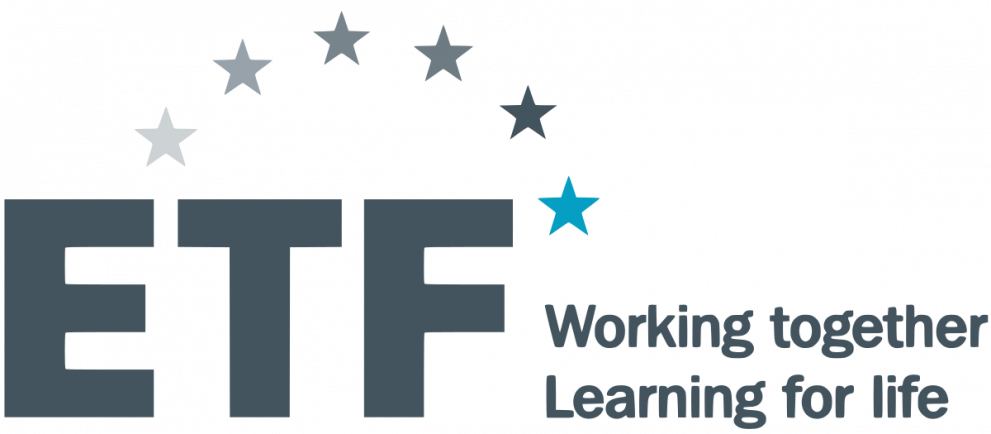European Training Foundation (ETF) - (Decentralised Agencies)
Summary
Budget
Official information source
https://european-union.europa.eu/institutions-law-budget/institutions-and-bo...Description
Decentralised Agencies
Decentralised agencies contribute to the implementation of EU policies. They also support cooperation between the EU and national governments by pooling technical and specialist expertise from both the EU institutions and national authorities. Decentralised agencies are set up for an indefinite period and are located across the EU.
European Training Foundation (ETF)

Overview
- Role: The ETF supports human development in neighbouring countries
- Director: Cesare Onestini
- Established in: 1994
- Number of staff: 130
- Location: Turin (Italy)
- Website: ETF
In the context of EU external relations, the European Training Foundation (ETF) helps neighbouring countries make the most of their people's abilities and skills by reforming their vocational education and training (VET) and labour market systems.
What it does
The ETF supports human development in 29 partner countries (in south-eastern Europe and Turkey, eastern Europe, the southern and eastern Mediterranean and central Asia). It helps with the design, implementation and evaluation of policies and programmes to:
- promote social mobility & social inclusion
- reform education & training systems
- balance the capabilities of those systems better with labour market demands.
This means the Foundation supports partner countries' efforts to cultivate effective, evidence-based policies that support civic participation and wellbeing, modernise vocational education and training provision, and match that provision to labour market demand, both national and international.
It also supports the delivery of EU assistance to its partner countries through expert input into the design, implementation, monitoring and evaluation of EU action and support for policy dialogue.
The Foundation's activities are described in our programming document.
Who benefits
Trained and skilled workers who are more likely to find jobs in their home country, making them less prone to social exclusion, poverty and irregular migration.
Partner countries become more prosperous and stable, creating more opportunities for trade and investment.
EU countries have opportunities to recruit qualified workers who come to Europe in a better-regulated way, to fill skills gaps created by changing demography.
Further information
Live and Learn, the ETF magazine
Contact
European Training Foundation
Website https://www.etf.europa.eu/en
Postal address: Villa Gualino, Viale Settimio Severo 65, 10133 Torino TO, Italy
Social media

